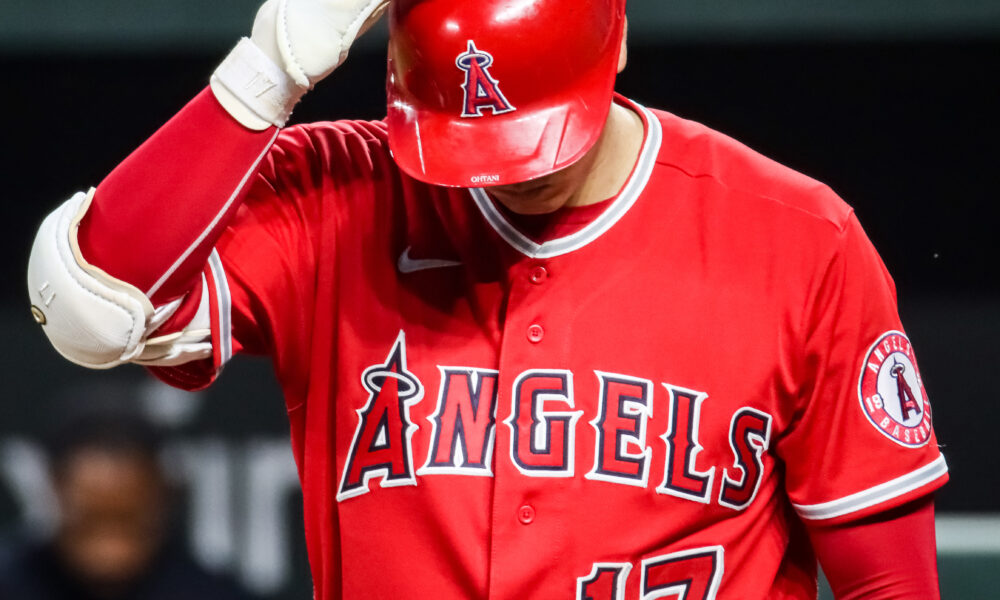Here’s a rundown of the week’s sports news, (potentially sponsored by DraftKings if The Tribune manages to increase its readership numbers): In a press conference on March 25, Los Angeles Dodgers star Shohei Ohtani alleged his former interpreter stole money from his bank account. The Dodgers reportedly fired Ohtani’s long-time interpreter, Ippei Mizuhara, for making $4.5 million worth of wire transfers to an illegal bookmaker who is currently the subject of a federal investigation involving the IRS. Flipping over to basketball, Cleveland Cavaliers head coach J.B. Bickerstaff told reporters about fans shouting at him from the stands about player substitutions and beating the spread. Bickerstaff went on to mention that he and his family received threats from disgruntled gamblers over lost bets. Finally, the National Basketball Association (NBA) is investigating a series of irregularities surrounding prop bets involving Jontay Porter of the Toronto Raptors. For those familiar with the betting landscape in professional sports, the most surprising thing to come out of any of those stories is that Michael Porter Jr. apparently has a little brother who plays for the Raptors.
In 2018, when the Supreme Court of the United States (SCOTUS) struck down the 1992 Professional and Amateur Sports Protection Act, which prohibited sports gambling in the country’s 49 states not named Nevada, Pandora’s Box opened. Leagues were wary of promoting gambling and did everything in their power to avoid any semblance of impropriety and maintain the integrity of their sports, due to its previous illegality. According to former Major League Baseball (MLB) closer Jonathan Papelbon, baseball went as far as to have mob members and FBI informants speak to players about the dangers of gambling. Of course, MLB continues to meet with players and staff prior to every campaign to remind them of what they can and cannot do as it relates to sports betting, as it is outlined in the Collective Bargaining Agreement. The difference now is that FanDuel and PointsBet ads are everywhere, with leagues and their teams profiting from lucrative sponsorship agreements from a multi-billion dollar industry that operated exclusively on the black market in 49 of 50 states just six years ago.
Of course, sports betting scandals are not new. In the 1919 World Series, eight White Sox players including Shoeless Joe Jackson were accused of accepting bribes in exchange for throwing games. In 2007, the NBA faced a gambling scandal involving former referee Tim Donaghy, who admitted to placing wagers on games he was assigned to officiate and providing inside information to gamblers. In essence, it is not strictly because of the SCOTUS’ 2018 decision that the sports world is facing a smorgasbord of betting-related scandals right now.
In places where they are legal (38 of 50 states at the time of publication), sportsbooks are heavily monitored and regulated. This means that if a friend of Shane Pinto’s were to allegedly place a wager using the player’s betting account in New York state, alarm bells start ringing in the sportsbook’s offices and they are able to inform the league of what took place. Ditto for the Jontay Porter situation, where red flags were raised after DraftKings Sportsbook announced the player’s prop bets were the biggest moneymaker in the entire NBA on March 20.
The proliferation of sports betting means that these scandals are likely to continue. Americans bet almost 120 billion dollars on sports in 2023 alone. Sports betting is a recreational activity for some, but a dangerous, addictive practice for many others. Players and coaches will continue to be shouted at from the bleachers about beating the spread and their individual over-unders. Disgruntled gamblers crazy enough to send threats to basketball coaches about their lost wagers will continue to do so. Making sure players and coaches do not place bets on their own sports is only a small part of the challenges leagues will face going forward. Making sure their players are not involved in allegedly paying off illegal bookies, having friends place bets on their behalf, taking bribes, throwing games, and finding ways to protect players, coaches, and staff from crazed gamblers are some of the many other betting-related challenges leagues are facing, with unfortunately no easy fix.









